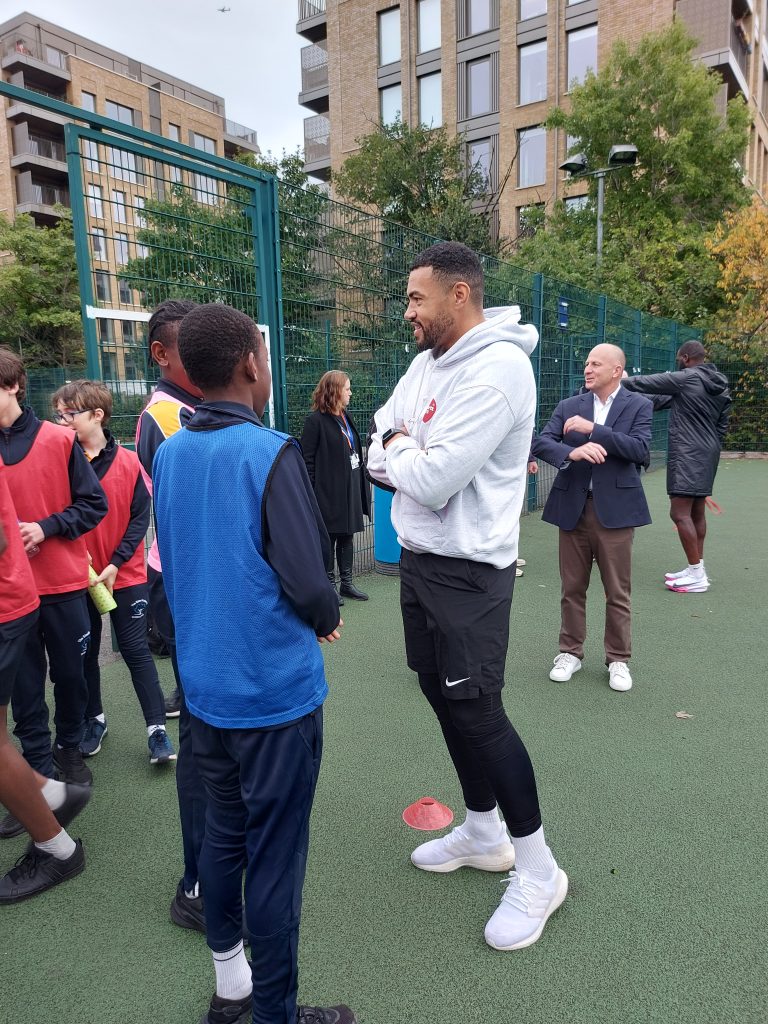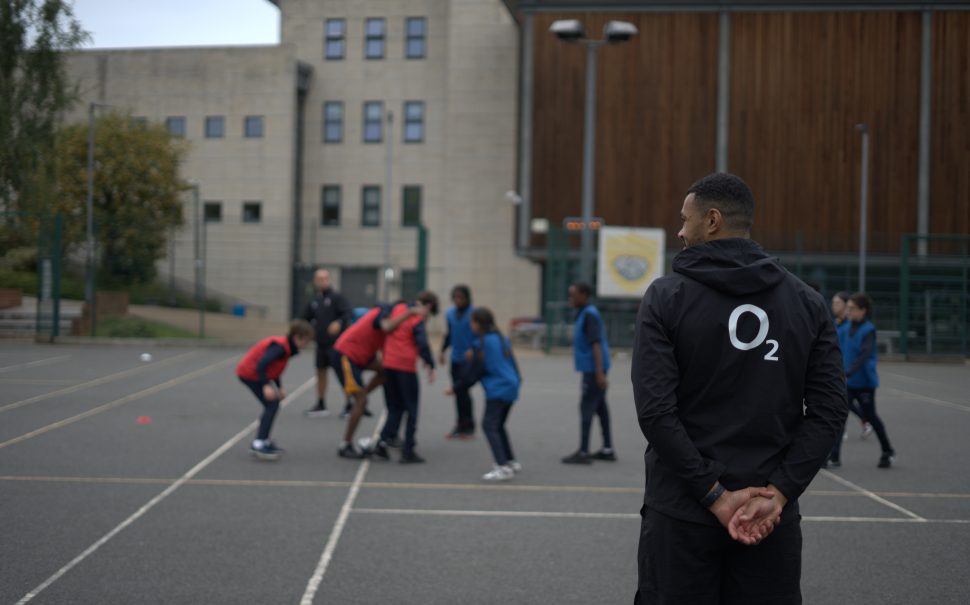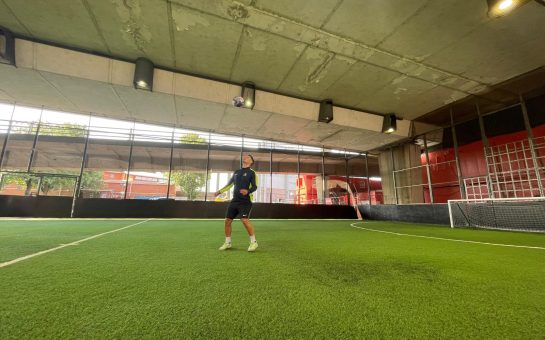Luther Burrell did not grow up in an area prone to producing England international rugby players.
Raised in rugby league-heavy Huddersfield, Burrell did not have the exposure to rugby union that many of his future teammates did.
However, he was fortunate that his potential did not go unnoticed, with a coach picking up on his ability and urging him to get into rugby union – a decision that changed his life.
Earning 15 England caps and a Premiership Rugby title across a decorated career, Burrell cannot help but express gratitude to those who first introduced him to rugby union, allowing him to break the mould of what was to be expected in his hometown.
“Coming from the north, there was an element of rugby league in the school system, but rugby union was really unheard of,” he said.
“My initial story was my teacher asking my parents if I could play for the school team in rugby league. My parents said ‘yeah, go ahead’, so I had my first taste of rugby at 10 years old.
“Then from playing rugby league, the rugby union coach saw me play and said, ‘why don’t you come play rugby union?’ So, for years, I would play rugby league on a Saturday, rugby union on a Sunday, and then it was also integrated at school, which was fantastic.
“I’ve always been thankful for those that were part of my journey as a youngster because what a fascinating story from my standpoint, I’m the first person from Huddersfield since like 1945 to go ahead and represent the country.
“That’s because of a little bit of resilience, but also the ability to actually push on from certain climates that perceived something as unachievable.”
Overcoming a lack of early exposure to enjoy a prolific career in the sport, Burrell is now hellbent on spreading the word of rugby to those who are similarly in communities where there have historically been few opportunities to play.
This is a viewpoint echoed by the RFU, who are rebooting and rewiring schools’ rugby in England to address dwindling participation at grassroots level, following the findings of an independently chaired review.

The review, led by United Learning CEO Sir Jon Coles, evidenced a sizable market of untapped talent in schools which do not have a tradition of playing rugby, especially amongst girls.
Eager to diversify the sport, the RFU has begun the rollout of T1 Rugby, the first non-contact form of the game that reflects the characteristics of rugby union, and targets that 5,000 schools will be playing T1 Rugby within the next 4 years.
The RFU is investing in a national network of 100 school rugby managers by 2027, who will work with a cluster of local schools to get rugby embedded into the physical activity offering as well as linking students to local rugby clubs.
Making it easier than ever for schools to introduce rugby to their curriculum, Burrell has hailed the initiative, which will not only breathe life into the ever-important grassroots system but will also act to alter the ‘elitist’ perception that currently surrounds rugby.
“The grassroots system is the heartbeat of rugby and that’s going to be the evolution of the sport,” he added.
“It’s pivotal that we do what we can to make that thrive, make that inclusive, make it fun and make it available for everybody so that the game can evolve, and the game can grow, and the game can completely market itself in the way that it should.
“We can’t beat around the bush that rugby union has been perceived as an elitist sport. Naturally, the pathway to make it as a professional was going through that private school system.
“Now the dial is moving on that which is really great to see and what you will see now is some huge personalities coming through the system. You’ll see a huge amount of talent.
“Ultimately, it’s going to make more communities come together, put more people in stadiums, more families interested in the sport and ultimately build a better, more inclusive sport, which is what everybody wants to see.
“If rugby is going to evolve, it has to keep up with modern times. There’s no reason why it can’t because it’s changed my life, and it can change these children’s lives.”
To find out more about T1 Rugby and to access lesson plans, guides and resources for educators, visit the England Rugby Website.




